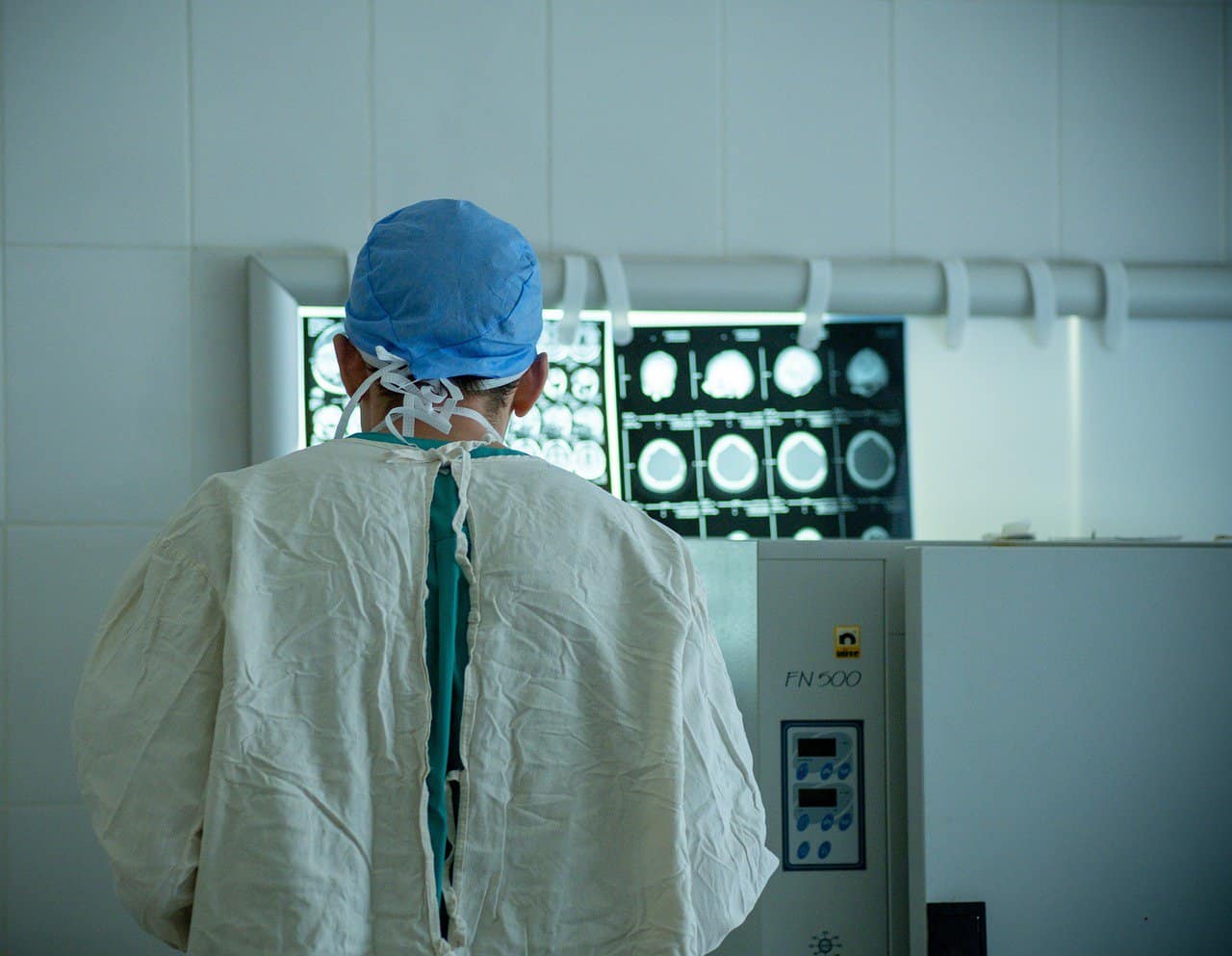By Leonid Emerel, MD
When it comes to women and cancer, lung cancer is not usually on top of women’s minds.
However, according to a study published last month by the American Cancer Society, more young and middle-aged women are being diagnosed with lung cancer than men in the same age group.
Moreover, lung cancer remains the leading cause of cancer death in the United States for both women and men, claiming more lives each year than breast, colon and prostate cancer combined, according to the American Cancer Society.
This month is Lung Cancer Awareness Month, a good time to learn more about your risk for the disease and talk to your doctor about screening. Because when lung cancer is detected early it can often be successfully treated.
More Than 238,000 New Cases
The American Cancer Society estimates that 238,340 new cases of lung cancer will be diagnosed in 2023 and more than 127,000 deaths will occur because of the disease.
In general, lung cancer mainly occurs in people aged 65 or older, and men are slightly more likely to develop the disease than women.
Recent findings, however, show a higher lung cancer incidence among women aged 35 to 54 compared to their male counterparts.
Researchers are uncertain about what’s driving the disparity but urge women to be aware of their risk factors and symptoms and to get screened if they meet the screening criteria.
Risk Factors
By far, the greatest risk factor for lung cancer is smoking no matter your gender. In fact, 80% of lung cancer cases are caused by cigarette smoking, according to the American Cancer Society. Other risk factors for lung cancer include:
- Age.
- Family history.
- Exposure to cancer causing agents such as radon and asbestos.
While smoking is the biggest risk factor for lung cancer, it is important to note that lung cancer can develop in people who have never smoked. In fact, approximately 20% of women diagnosed with lung cancer are lifelong non-smokers.
Don’t Ignore Symptoms
Typically, lung cancer does not cause symptoms until it has advanced, but on occasion symptoms may occur in the early stages. Symptoms associated with lung cancer are the same for women and men and include:
- A chronic or worsening cough.
- Hoarseness.
- Loss of appetite.
- Unexplained weight loss.
- Shortness of breath.
- Feeling tired or weak.
- Infections such as bronchitis and pneumonia that don’t go away or keep coming back.
- New onset of wheezing.
- Coughing up blood.
Though many of these symptoms can be caused by other health conditions, it’s important not to ignore them and to see your doctor for an evaluation.
Early Detection
Like other cancers, when lung cancer is found early it is easier to treat with better outcomes.
At Penn Medicine Princeton Cancer Center, a team of experts in medical oncology, radiation oncology, pathology and radiology are using low-dose CT scans to screen for lung cancer and detect it at its earliest and most treatable stages.
With low-dose CT screening for lung cancer, spiral CT scans use low-dose radiation to make a series of detailed pictures of areas in the body. The pictures are made by a computer linked to an X-ray machine that scans the body in a spiral path. The scan takes just a few minutes and does not require any pre-operative lab work. Results are normally sent to your primary care physician in a matter of days.
The U.S. Preventative Services Task Force recommends annual lung cancer screening with low-dose CT scans in people who meet all these criteria:
- Are 50-80 years old, and
- Currently smoke or have quit in the past 15 years, and
- Have at least a 20 pack-year smoking history. This is the number of packs of cigarettes per day multiplied by the number of years you smoked. For example, someone who smoked 2 packs a day for 10 years (2 x 10 = 20) has 20 pack-years of smoking, as does a person who smoked 1 pack a day for 20 years (1 x 20 = 20).
The American Cancer Society this month, however, updated its guidelines and eliminated the “years since quitting” requirement.
Most insurance typically covers the cost of lung cancer screening for people who meet the criteria. However, because of the recent changes in screening guidelines, individuals should talk with their primary care physician about eligibility and confirm coverage with their insurance carrier prior to the test.
An order from your primary care physician is necessary to schedule a lung cancer screening.
Personalized Cancer Care
If screening detects a lung nodule that appears cancerous, your doctor will order additional tests to confirm the diagnosis and determine the stage of the cancer.
At Penn Medicine Princeton Cancer Center, patients receive individualized cancer care. Lung tumors are tested for specific mutations to determine the best course of treatment. Treatment options may include minimally invasive surgery, chemotherapy, radiation, immunotherapy and targeted molecular therapy that is personalized to treat each patient’s distinct cancer.
In honor of Lung Cancer Awareness Month, talk with your doctor about your risk for the disease and whether you are a candidate for screening. When lung cancer is caught early, the chances of survival are much better.
To find a physician affiliated with Penn Medicine Princeton Health call (888) 742-7496 or visit www.princetonhcs.org.
Leonid Emerel, MD, specializes in thoracic surgery and is a member of the Medical Staff at Penn Medicine Princeton Health.

